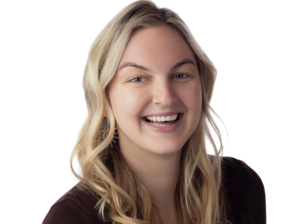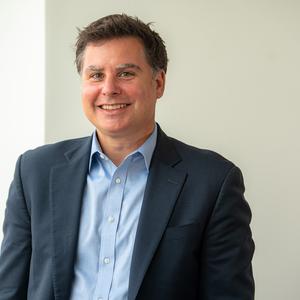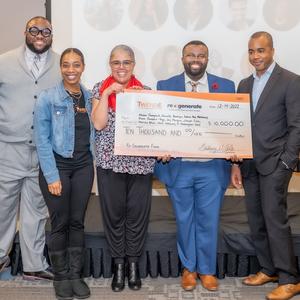
Nashville health care investment fund Jumpstart Foundry is raising money for its 2023 cohort, but this fund is different from those it’s raised in the past.
Jumpstart is raising its ninth fund under rule 506(c), Jumpstart Managing Director Haley Zapolski said, which allows the firm to “broadly solicit” and advertise the offering, according to the U.S. Securities and Exchange Commission.
This is different from the way funds are more commonly raised — under 506(b) — which prohibits firms from talking about the fund publicly while fundraising. On the other hand, 506(c) offerings can publicly market their capital raises to a larger investor base, beyond the one-on-one conversations and emails to which other raises are bound.
“We could put a billboard on Broadway if we really wanted to,” Zapolski said.
Founded eight years ago by Marcus Whitney and Vic Gatto, Jumpstart is one of Nashville’s most high-profile health care investment firms. Previous Jumpstart investments include Nashville-based startups Greenlight Medical, Belle, MusicCityMed, Huso and Satchel.
Zapolski said the fund Jumpstart is currently raising will go toward the firm’s 2023 investments, which could include as many as 40 startups. Jumpstart is aiming to raise $6 million.
While funds raised under rule 506(c) — which was passed under the 2012 JOBS (Jumpstart Our Business Startups) Act — give firms a huge edge in marketing, there are several reasons why most firms opt for the more traditional route.
Issuers under 506(c) can only raise from accredited investors verified by the firm, according to the SEC, which can take time and money. Accredited investors must have a net worth of more than $1 million, excluding the investor’s primary residence, or more than $200,000 in annual income for an individual and more than $300,000 for couples.
Firm’s raising under 506(b) are not responsible for verifying accreditation. They also typically raise larger sums of money from each investor, Zapolski said, which means they have fewer investors to manage, before and after the investments are made.
That, however, is one of the reasons Zapolski said Jumpstart chose the 506(c) route — to bring the opportunity of venture investment to a larger swath of people.
“The way Robin Hood made stock investing way more accessible to anyone, I think the next wave is going to be making alternative investing more accessible to the public,” Zapolski said. “A lot of that has to come through education.”
In order to educate more investors on alternative investing, Zapolski said Jumpstart will be hosting events in the coming weeks for people to learn more about the fund, as well as sharing information on social media.
She said Jumpstart will bring in “as many [investors] as it takes,” while initially focusing on Nashville.
“With Nashville being this city full of health care executives, doctors and other folks in the health care industry, they understand that health care is an incredibly broken system and that there is innovation needed in this space to fix it,” Zapolski said. “And there is a return to be made by innovating within the health care industry.”







